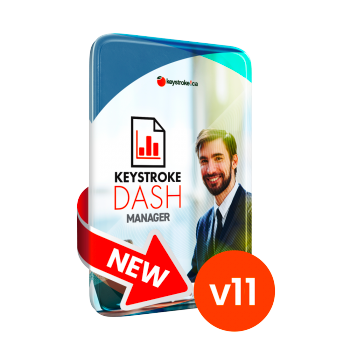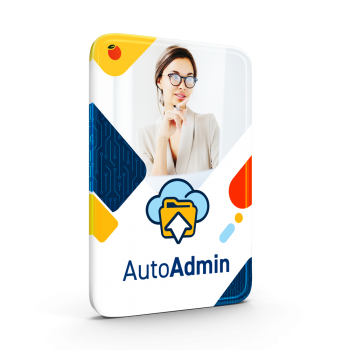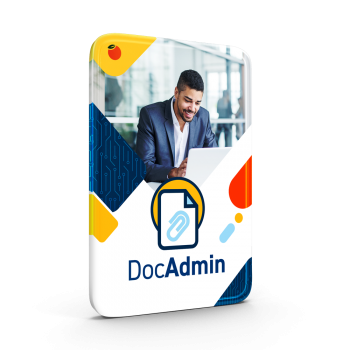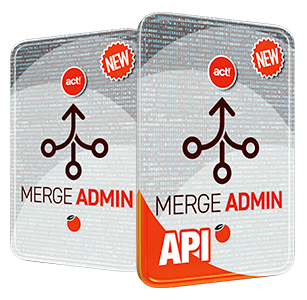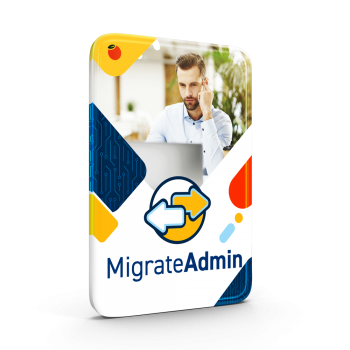 Last November ACT 2012 was rendered obsolete by Swiftpage, which impacted owners of this version in three ways.
Last November ACT 2012 was rendered obsolete by Swiftpage, which impacted owners of this version in three ways.
- Compatibility: ACT 2012 is not compatible with any current versions of Office, Windows, or Internet Explorer, which is why it is being treated as obsolete by Swiftpage. If you had to replace a single computer on your network, the new one would likely come fitted with Windows 81., Office 2013, and Internet Explorer 11 – none of which would work with ACT 2012. This issue will only get worse as Windows 10 rolls out this year.
- Obsolescence: As ACT 2012 is no longer supported by Swiftpage, no additional licenses are available for purchase. Many customers are not aware that this effects not only additional license needs, but additional activations. With 10 licenses, a customer would get 21 activations (actual installations), and once that number is hit, they would not be able to activate the software again because it is no longer supported.
- Loss of Upgrade Eligibility: Traditionally when a customer's version of ACT became obsolete, they could no longer avail themselves of "upgrade" pricing when they went to purchase the newer versions. The impact this policy has been reduced somewhat by the option to get upgrade pricing if you bundle your purchase with Business Care. This is not a policy shift, though, and should be considered a "promotional offering" that will one day expire.
Having listed these three common reasons, there is a fourth one that all business owners should consider, and that is obsolescence issues impact user adoption and commitment to their CRM software. Consider the following experience we had with one customer.
We approached this customer last fall to encourage her to upgrade before their existing ACT 2012 version became obsolete. We had a few discussions back and forth, but ultimately she refused to upgrade because only half her users were actively using the software. Her reasoning was she wanting the adoption level to increase before she invested further. On one level I understood ger point, but her decision will likely lead to the opposite outcome. As the obsolescence and compatibility issues begin to plague her employees, she'll begin to lose her existing active users, and the non-adopters will have their resistance vindicated. The inevitable outcome of this scenario is this customer will be forced to start from scratch at some point in the near future, and begin the cycle all over again. To make matters worse, her employees become less productive, less accountable, and less organized during her learning curve.
This is a cautionary tale for business owners hoping to save money by not reinvesting in their mission critical business applications. Like a car, if you drive it into the ground you'll inevitably be forced to make a much bigger investment than if you had maintained it properly.


























